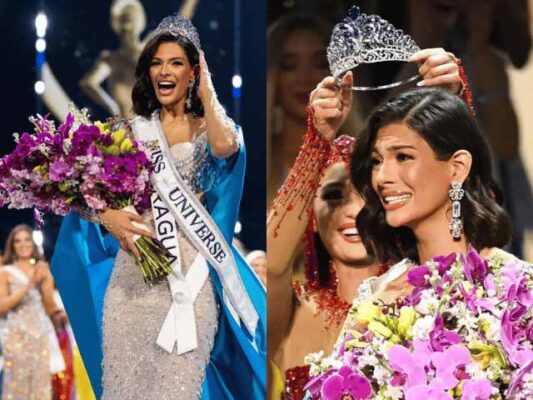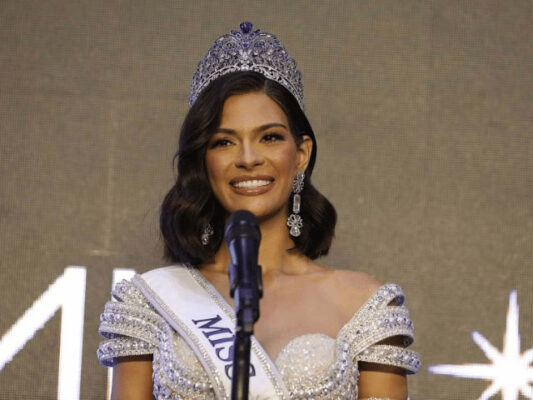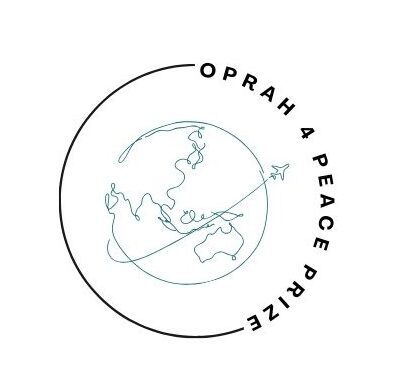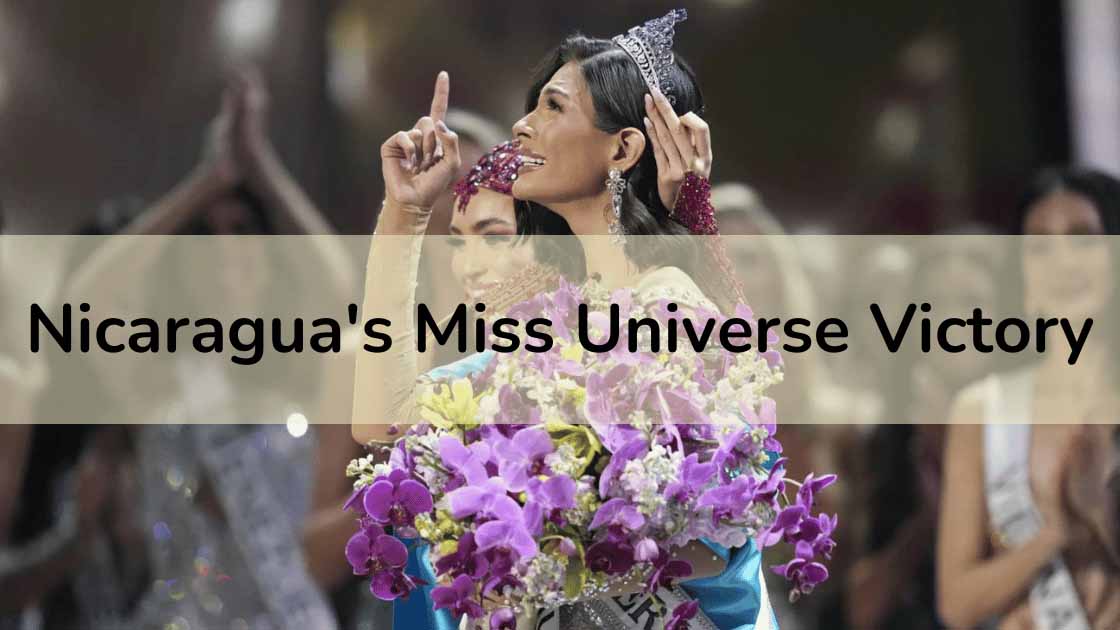In a stunning turn of events, Nicaragua’s Miss Universe triumph, initially perceived as a public relations coup for the government, has instead underscored the deep political fissures in the Central American nation.
Sheynnis Palacios, crowned as Miss Nicaragua and subsequently winning the Miss Universe competition, unwittingly sparked a narrative that transcended beauty and spotlighted the country’s polarized socio-political landscape.
The Nicaraguan government, under President Daniel Ortega, initially embraced Palacios’ win with jubilation, hailing it as a moment of “legitimate joy and pride.” However, the celebratory mood swiftly soured when it surfaced that Palacios had graduated from a college that played a pivotal role in the 2018 protests against the government, in which she reportedly participated.
Ordinary Nicaraguans, mostly stifled from expressing dissent or exhibiting national pride in public demonstrations, seized the rare opportunity presented by Palacios’ victory to take to the streets. Their display of the national blue-and-white flag, in contrast to the ruling Sandinista banner of red-and-black, didn’t align with the government’s narrative.
Palacios’ past involvement in the protests, highlighted by her Facebook posts from 2018, became a symbol of hope and defiance for the opposition. Figures like Roman Catholic Rev. Silvio Báez, among numerous others persecuted or exiled by the government, publicly commended Palacios for bringing joy to a country grappling with adversity and yearning for a brighter future.

In a response reminiscent of authoritarian regimes, Vice President and First Lady Rosario Murillo decried opposition celebrations of Palacios’ victory as an attempt to subvert a moment of national pride. Murillo’s rhetoric vilified these sentiments as “destructive coup-mongering,” echoing the government’s stance that the 2018 protests were a foreign-backed attempt to overthrow Ortega’s administration.
The aftermath of the 2018 protests witnessed a crackdown by Ortega’s government, resulting in thousands fleeing into exile. The authorities shuttered the Jesuit University of Central America, a pivotal hub for the dissenting voices, along with multiple other Nicaraguan universities. Additionally, the government targeted civic groups and non-governmental organizations, stifling dissent, arresting opposition members, and confiscating their assets.
Amidst this maelstrom, Palacios, the first Nicaraguan to secure the Miss Universe title, has remained silent on the unfolding situation. During the pageant, she emphasized her advocacy for mental health awareness, drawing from her own experiences with anxiety, and pledged to address gender-based wage disparities.

However, her deleted Facebook posts revealed her initial trepidation about participating in the protests. Witnesses from the demonstrations vividly recall seeing Palacios, tall and striking, among the protesters. Tragically, the 2018 protests culminated in a government crackdown, resulting in a staggering loss of life with reports confirming 355 fatalities at the hands of state forces.
Palacios’ inadvertent role as a symbol of resistance has unveiled a complex narrative, illustrating the struggle between the Nicaraguan government’s iron-fisted control and the aspirations of a populace yearning for freedom, justice, and a better future. Her journey from beauty queen to unwitting symbol of dissent encapsulates the fraught reality of a nation torn between political repression and the quest for democratic freedoms.

